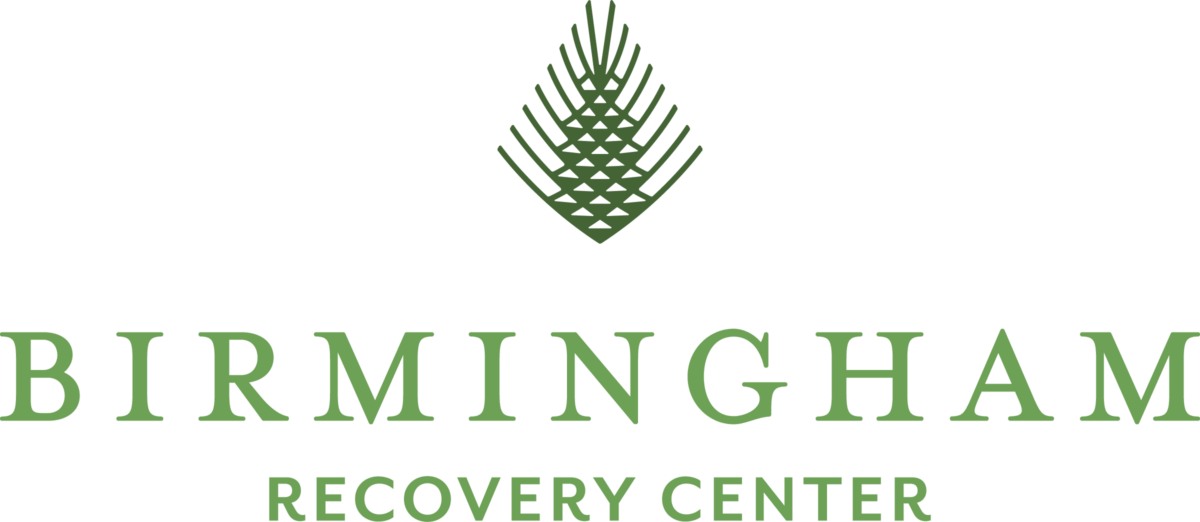If you have developed an addiction to fentanyl it can seem impossible to face the withdrawal process. Opiate addiction, of any kind, causes intense physical dependency. Users often find themselves needing more of the drug more often, which leads to a vicious cycle. The more an individual becomes addicted to opiates, the worse the withdrawal symptoms become. Understanding the fentanyl withdrawal timeline and symptoms can help ease your fear. This article will help you to have an idea of what to expect before you begin the detoxing process and where to find help if you are suffering from an opiate addiction.
Symptoms Of Fentanyl Withdrawal
Fentanyl withdrawal occurs when an individual who is physically dependent on the drug stops using it or cuts their regular dose down. Fentanyl withdrawal symptoms are similar to any other opiate withdrawal symptoms and on average follow the same timeline. Symptoms of Fentanyl withdrawal include:
- Muscle aches, camps, and pains
- Restless legs
- Insomnia or poor sleep patterns
- Increased nerve sensitivity
- Dysphoria
- Irritability and agitation
- Dilated pupils
- Chills and goosebumps
- Excessive yawning
- Runny nose
- Watery eyes
- Nasua
- Vomiting
- Diarrhea
- Severe and constant psychological cravings
Fentanyl withdrawal is normally extremely difficult to cope with on your own. The safest way to detox from opiates is in a medically supervised treatment center. Medical detoxes will provide medications in order to ease the symptoms listed above and offer you the therapeutic support you need to remain drug free and begin the recovery process.
What is The Fentanyl Withdrawal Timeline?
Fentanyl withdrawal normally begins 6-12 hours after the last dose. The withdrawal symptoms normally begin to peak on days one through three and then proceed to subside over the course of a week. Post acute withdrawal symptoms may persist for weeks to months after the initial withdrawal phase. Post acute withdrawal symptoms include trouble sleeping, anxiety, and dysphoria.
Ways To Cope With Fentanyl Withdrawal
Fentanyl withdrawal can be an extremely uncomfortable process. Avoiding the discomfort of withdrawal is often what keeps people abusing the drug. Fentanyl withdrawal symptoms normally come on quickly and rapidly worsen. Without professional help the risk for those withdrawing from Fentanyl for relapse and overdose is extremely high. It is suggested that individuals seeking to come off of Fentanyl seek professional help from certified and licensed treatment centers. These treatment centers can offer individuals suffering from withdrawal symptoms medications to ease their symptoms, psychological therapies to help with cravings, and proper aftercare planning. Seeking help from a medical detox is the foundation for beginning the long-term recovery process.
Medical Detox From Fentanyl
It is very important to detox from fentanyl in a medical setting. A medically assisted detox process refers to the use of medication and therapeutic services in order to ease withdrawal symptoms in a licensed treatment facility. Medical detox facilities offer many benefits to those suffering from opiate addiction including:
- Reducing the discomfort of withdrawal with medications
- 24/7 supervision
- Decreasing psychological cravings
- Reduces the risk of relapse
- Behavioral therapeutic services
Medically assisted detoxes can be in both an inpatient and outpatient setting and normally involves specific medications that can help ease the discomfort and shorten the Fentanyl withdrawal timeline. There are a number of different medications that are available for opioid detoxes and the type of medication used will be dependent on the protocols of the facility, as well as the patient’s particular needs. Commonly opioid agonists are used, such as suboxone and methadone. These medications are given as a taper, meaning that the client begins at a higher dose and is slowly weaned off the medication over time. Other medications can also be used in conjunction with suboxone and methadone to treat any remaining symptoms of withdrawal that the client is suffering from. Psychological services, such as holistic and behavioral therapies, are also offered to clients in order to help improve the chances of long-term recovery.
Medical detoxes not only help individuals safely detox in a supervised environment, but they also help them take the next steps in their recovery process. This could mean placing them into an inpatient facility or referring them to an outpatient program and sober living. The aftercare plan will depend on the patient’s individual history and needs. Detox alone is normally not enough to fully treat addiction, but it does provide people with a starting point as they begin their new journey into recovery.
Medical Detox and Treatment At Birmingham Recovery Center in Alabama
Here at Birmingham Recovery Center, located in Birmingham, Alabama, we believe that detox is the first step in the recovery process. We understand that detoxing from opiates is an extraordinarily difficult process, which is why we offer medications and behavioral therapy in order to make it as comfortable as possible. Once you have completed the detox process we will help you come up with the right aftercare program. Birmingham Recovery Center offers partial hospitalization, intensive outpatient, and outpatient programs in order to support you through the early recovery process. There is no need for you to suffer from withdrawal without help. If you or a loved one is suffering with an addiction, call our admissions team today to get the help you need to begin the recovery process.

